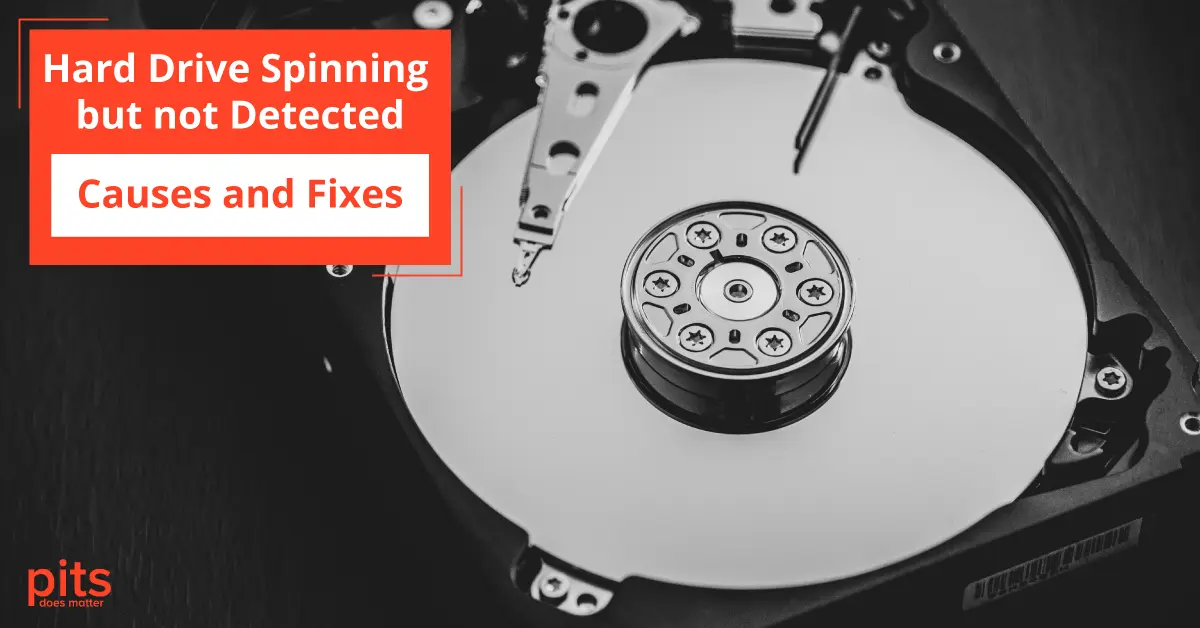Hard drive spinning but not detected is a common issue experienced by many users, and several factors can cause it. Hardware problems, such as faulty connection cables, power supply issues, or a failing hard drive, often lead to this issue. On the other hand, software-related factors like outdated drivers or conflicting software can also be the cause. Identifying the likely reasons is the initial step toward resolving the problem. Accurate diagnosis is crucial when dealing with an undetected internal or external hard drive. It can be frustrating and worrisome for users, potentially resulting in data loss or hardware malfunction.
Hard Drive is Spinning But Not Detected - Understanding The Problem
Hard Drive is Spinning But Not Detected – Understanding The Problem involves recognizing the symptoms of this issue. There are several reasons why this can happen, including both hardware and software issues. Delicate components inside a hard drive work together to store and retrieve data. However, if any of these components fail or don’t function properly, the computer may be unable to detect the hard drive. Below are some common causes for this problem:
Loose Connections
Loose Connections often lead to the hard drive spinning but not being detected by the computer. This typical hardware problem can occur when the SATA or IDE cable attaching your hard drive to the motherboard is not properly connected or when the USB port (for external hard drives) is defective.
Faulty Cables
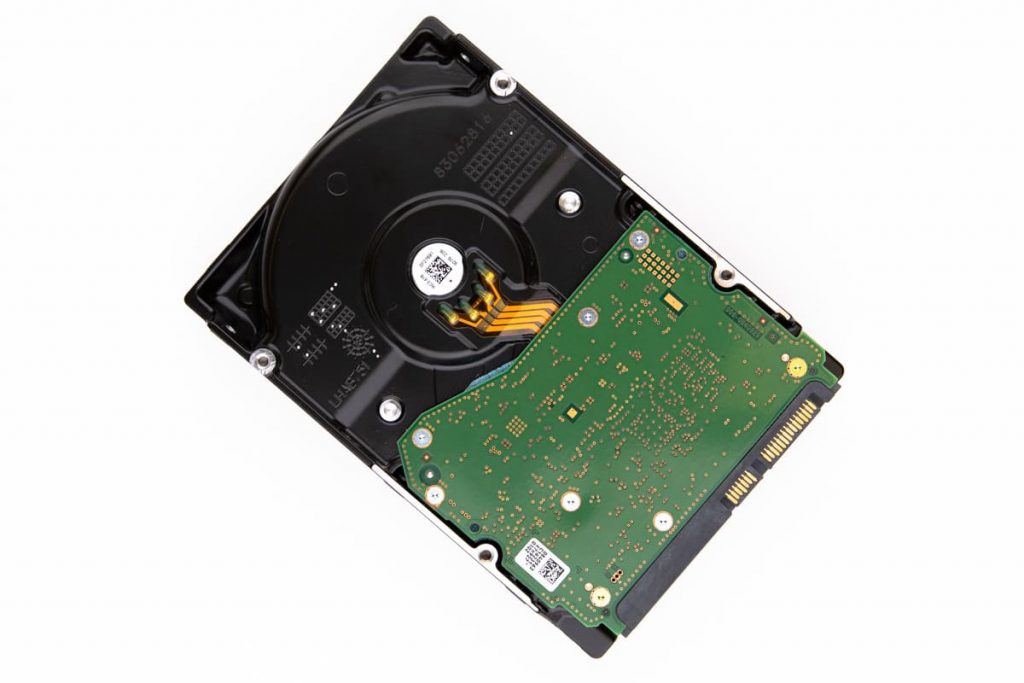
Faulty cables are another common hardware-related cause for hard drives going undetected despite spinning. Over time, heat, bending, or normal wear and tear may degrade or damage cables. This can cause troubles in the communication between your computer and the hard drive, potentially leading to undetected problems with the hard drive.
Power Supply
Power supply problems often lead to the issue of hard drives spinning without being detected. Insufficient or inconsistent power supply to your hard drive may result in it turning without computer detection. To effectively troubleshoot this issue, inspecting the power supply and ensuring its stability and compatibility with your hard drive is imperative.
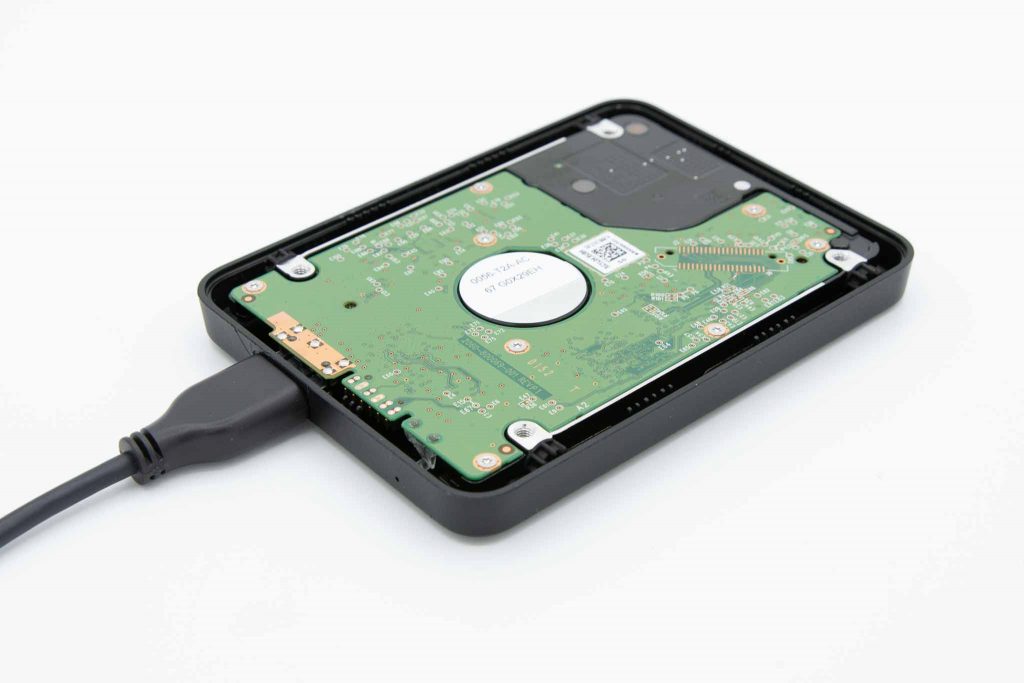
BIOS Settings
BIOS settings can also contribute to the issue of a spinning but undetected hard drive. The BIOS, also known as the Basic Input Output System, is crucial in identifying and initializing your computer’s hardware components, including the hard drive. If the BIOS settings are inaccurate or outdated, your computer may fail to detect the functioning hard drive.
Mechanical Failure
Mechanical Failure of the hard drive is a serious issue that could lead to the drive spinning but not being detected by the computer. Usually, this occurs when there is a malfunction in the physical parts of the hard drive, such as the read/write head, platters, or motor. Mechanical failures can happen due to sudden power surges, physical impacts, or prolonged usage.
External Hard Drive Spins But not Detected - 8 Ways to Fix It
If you are facing the issue of an external hard drive spinning but not being detected, there are several ways to fix it. These solutions involve hardware and software troubleshooting methods, which can help identify and resolve the problem effectively. Some of these methods are:
Change the USB port or try a different cable
Changing the USB port or trying a different cable is often the first step in diagnosing and rectifying the issue of an external hard drive spinning but not being detected. If your computer cannot detect the external hard drive, it may be because of malfunctioning USB ports or damaged cables. Connect the Drive to another USB port or use a fresh cable to troubleshoot the issue.
Check Disk Management
Check Disk Management in your operating system if your external hard drive is spinning but is not detected. Disk Management is a tool in Windows that gives you a summary of your hard disk partitions and their formats. If your hard drive is in Disk Management but not in My Computer, it could be due to a lack of a drive letter assignment or incorrect formatting. To fix this issue, you can right-click on the drive in Disk Management and select the option to assign a new drive letter or format the Drive.
Update drivers
Update drivers for your USB ports or utilize generic Windows drivers to resolve the problem of an undetected external hard drive. It establishes compatibility and facilitates effective communication between your computer and the external hard drive.
Scan for hardware changes
Running the “Scan for hardware changes” option in Device Manager can also help identify an external hard drive that is spinning but not detected. It prompts your computer to search for new or unrecognized devices, including the external hard drive.
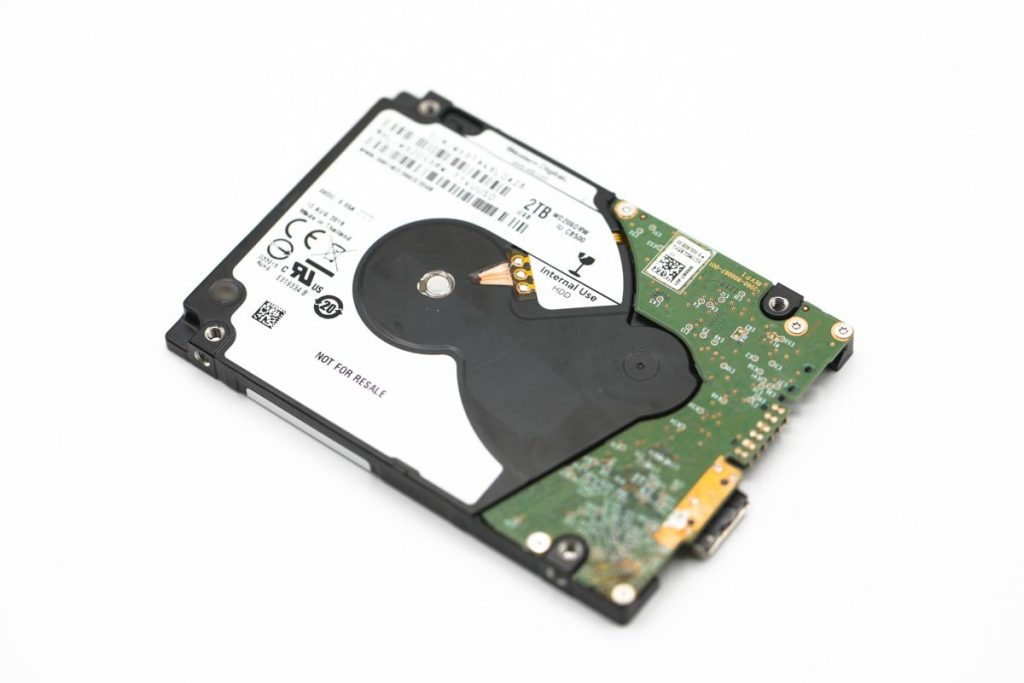
Run a virus scan.
Run a virus scan on your devices to identify and eliminate any threats that may cause external hard drives to go undetected. It can help resolve any communication issues caused by viruses and malware between the hard Drive and the computer.
Check BIOS settings
Check your BIOS settings to ensure proper recognition of the hard drive, as incorrect settings can cause external hard drives to go undetected. Ensure the hard drive is enabled and set as a boot device in BIOS.
Reinstall USB controllers
Reinstalling USB controllers can help resolve any issues with faulty or outdated drivers that may be causing the external hard drive to be undetected. You can do this through Device Manager, where you can uninstall and reinstall the USB controllers.
Seek professional help
If none of the previously mentioned solutions proves effective, consider professional assistance from a data recovery service. These experts can inspect the hard drive for any physical harm and offer a comprehensive diagnosis and resolution for the problem.
Hard Drive is not detected but Spins - Recovery and Prevention
When a hard drive is not detected but spins, it can be stressful as it may indicate potential data loss; however, following the troubleshooting steps outlined above or seeking professional assistance can resolve the issue and recover the inaccessible data.
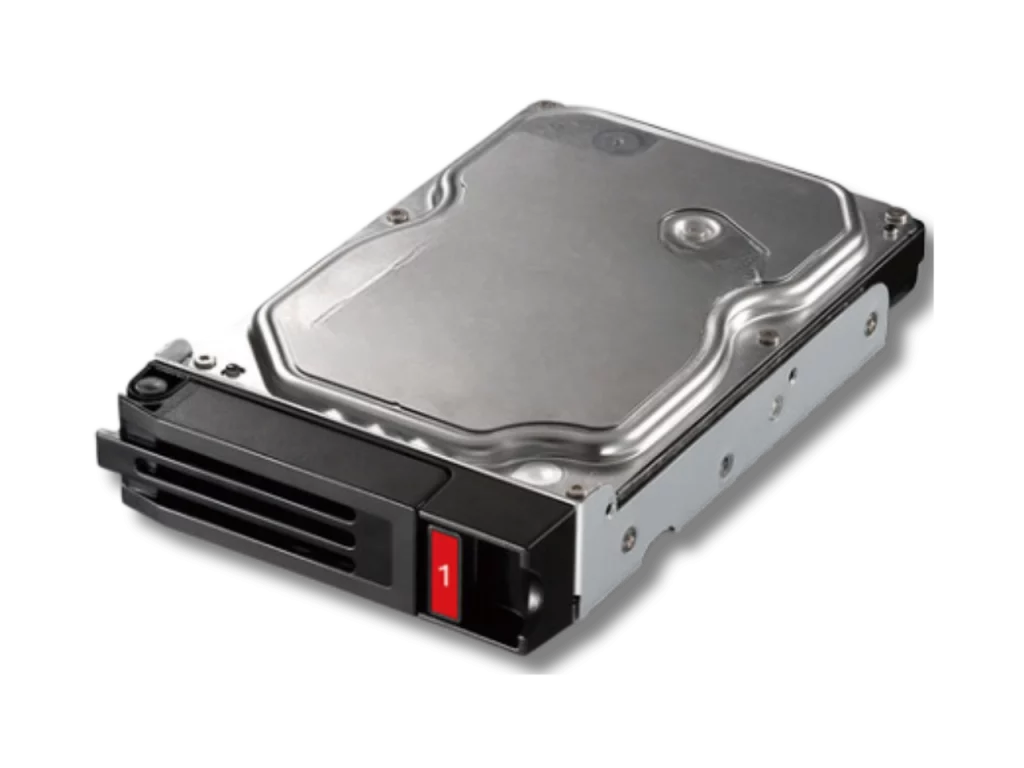
Regularly backing up your important files and checking for signs of mechanical Failure in your hard drive is crucial to prevent future issues. This proactive approach helps avoid inconveniences and potential data loss caused by undetected hard drives. If all troubleshooting steps fail and your hard drive continues to spin without detection, it is advisable to seek professional help. At PITS Global Data Recovery Services, we specialize in retrieving data from undetected hard drives and other devices.
Our highly skilled technicians and advanced technology ensure effective external hard drive data recovery with a high success rate. We prioritize the safety of your data and strictly adhere to confidentiality and security protocols. Don’t let the frustration of an undetected hard drive overwhelm you – trust PITS to swiftly recover your data and resolve the problem
Frequently Asked Questions
What causes an external hard drive to spin but not be detected?
There are multiple possible causes for this problem. It could be due to malfunctioning USB ports, damaged cables, outdated drivers, or incorrect BIOS settings. Another potential factor could be a virus or malware interference with detecting the hard Drive.
What should I do if my external hard drive is spinning but is undetected?
Begin by performing basic troubleshooting steps, such as switching the USB port or using a different cable. Examine Disk Management for any problems related to drive letter allocation or formatting. Ensure that your drivers are up to date, scan for hardware changes, conduct a virus scan, and review your BIOS settings. If these measures prove ineffective, it may be advisable to seek professional help.
How can I prevent my external hard Drive from spinning but not being detected in the future?
To avoid losing data, back up your important files regularly. Monitor the physical condition of your hard Drive for any early signs of mechanical Failure. Always keep your BIOS settings and drivers up to date.
How do I recover data from a hard drive that won't spin?
If your hard Drive is not spinning, it could suggest a more severe issue, like a mechanical failure. In such cases, avoiding trying to recover the data alone is crucial as it could worsen the situation. Instead, experts recommend seeking professional assistance from a data recovery service that handles physically damaged drives.
Why is my hard drive spinning but not detected, Mac?
Several potential reasons for this issue include a malfunctioning USB port, damaged cables, or outdated drivers. The hard drive requires correct formatting for Mac. To troubleshoot, check your Disk Utility and reformat the Drive if needed. If the problem continues, it may be advisable to seek professional help from a data recovery service.
